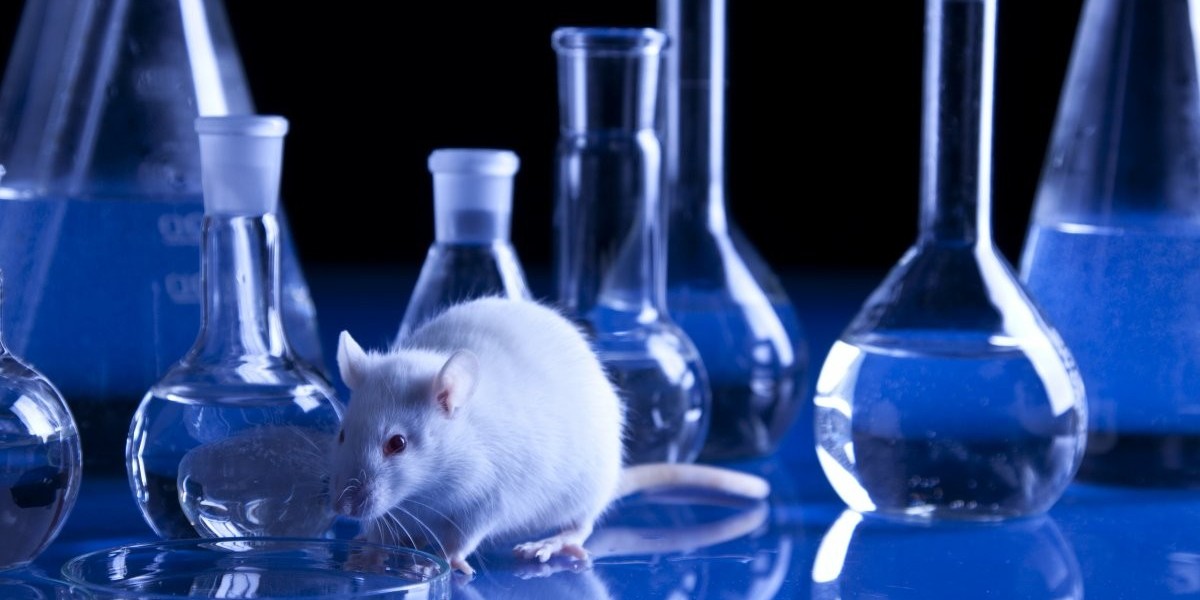Advances in Animal Genetic Engineering
Technological advancements in genetic engineering have enabled scientists to manipulate animal genomes with greater precision. CRISPR technology has revolutionised biotechnology research by providing an easy and affordable way to edit genes. Scientists are using CRISPR to remove undesirable traits from animals and introduce new attributes that can benefit agriculture and healthcare. For example, researchers have used CRISPR to produce cows and pigs that are resistant to diseases, helping farmers curb losses from epidemics. Genetic engineering also allows customising animal traits like enhancing milk production in dairy cows or altering meat composition in livestock.
Boosting Farm Productivity Through Biotech Animals
The introduction of biotechnology-derived animals is helping boost global agricultural productivity to meet the growing demand for food. Genetically modified animals with novel traits require less feed and emit lower greenhouse gases. Biotech pigs and cows that grow faster on fewer resources are improving the efficiency and sustainability of meat production. Gene-edited chickens that stay healthier and grow larger are increasing egg and poultry yields. Aquaculture is another area that can gain immensely from biotechnology. Developing disease-resistant and fast-growing fish and shellfish through genetic engineering can support the rising seafood consumption worldwide. Overall, Global Animal Biotechnology allows meeting the rising food demand while utilising fewer resources like land, water and feed. This makes industrial livestock and aquaculture operations more environment-friendly and economical.
Improving Animal Health with Biopharmaceuticals
Genetically engineering animals as living bioreactors is delivering new biopharmaceuticals to treat human diseases. Companies produce therapeutic proteins in the milk of transgenic goats, chickens or pigs engineered with human genes. The Food and Drug Administration has approved drugs produced from biotech animal platforms to treat rare blood disorders and retinal diseases. Developing animals as bioreactors for drug production provides scalable and cost-effective solutions compared to traditional systems. It also allows continuous supply of biologics through livestock breeding programs. Going forward, scientists see great potential for customising animal cells, tissues and organs for developing new treatments through animal biotechnology.
Ethical and Regulatory Considerations
While animal biotechnology offers promising opportunities, it also raises ethical concerns that warrant careful regulatory oversight. Creating novel lifeforms through advanced genetic techniques brings uncertainty about unintended consequences on animal welfare and the environment. There are debates around animal suffering from gene alterations and imposing traits not selected through natural breeding. Regulators worldwide are establishing guidelines to ensure biotech animals are developed and contained safely without risks to other species or ecosystem balance. Public engagement will also play a key role in addressing ethical angles and building acceptance for new technologies. Overall, with prudent regulation and oversight, animal biotechnology can offer sustainable solutions for global food security and improve healthcare through advances in regenerative medicine and biopharmaceutical production.
Commercial Applications and Future Outlook
Several biotechnology-derived animals are already in commercial production worldwide for applications in agriculture and biopharmaceuticals. Transgenic goat herds in the U.S. produce recombinant proteins in their milk for treating rare diseases. AquAdvantage salmon developed using growth gene silencing is approved for consumption in some countries. Gene-edited pigs with cardiovascular disease genes removed have also been approved in some regions. The global market for biotech animal products is projected to grow substantially in the coming years driven by demand in affluent as well as emerging economies. Looking ahead, genome sequencing and gene-editing technologies will pave ways for diverse biotech traits through precision modifications. From gene drives for controlling invasive species to xenotransplantation for organ replacement, animal biotechnology innovations hold immense possibilities to transform industries from food to healthcare. Nevertheless, gaining public trust through transparency and governance will remain a priority for realising the true potential of this promising field.
Get More Insights On Global Animal Biotechnology



